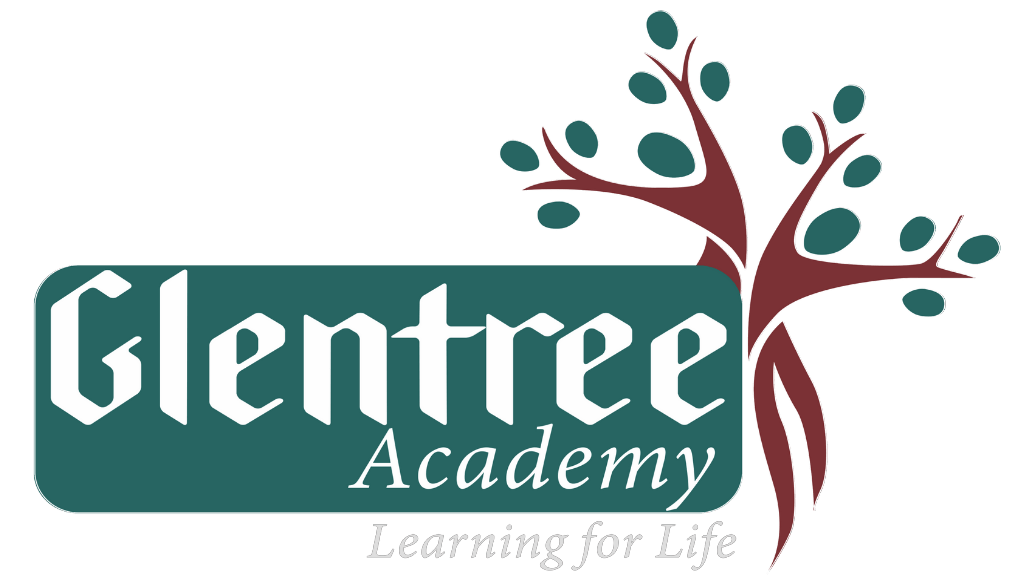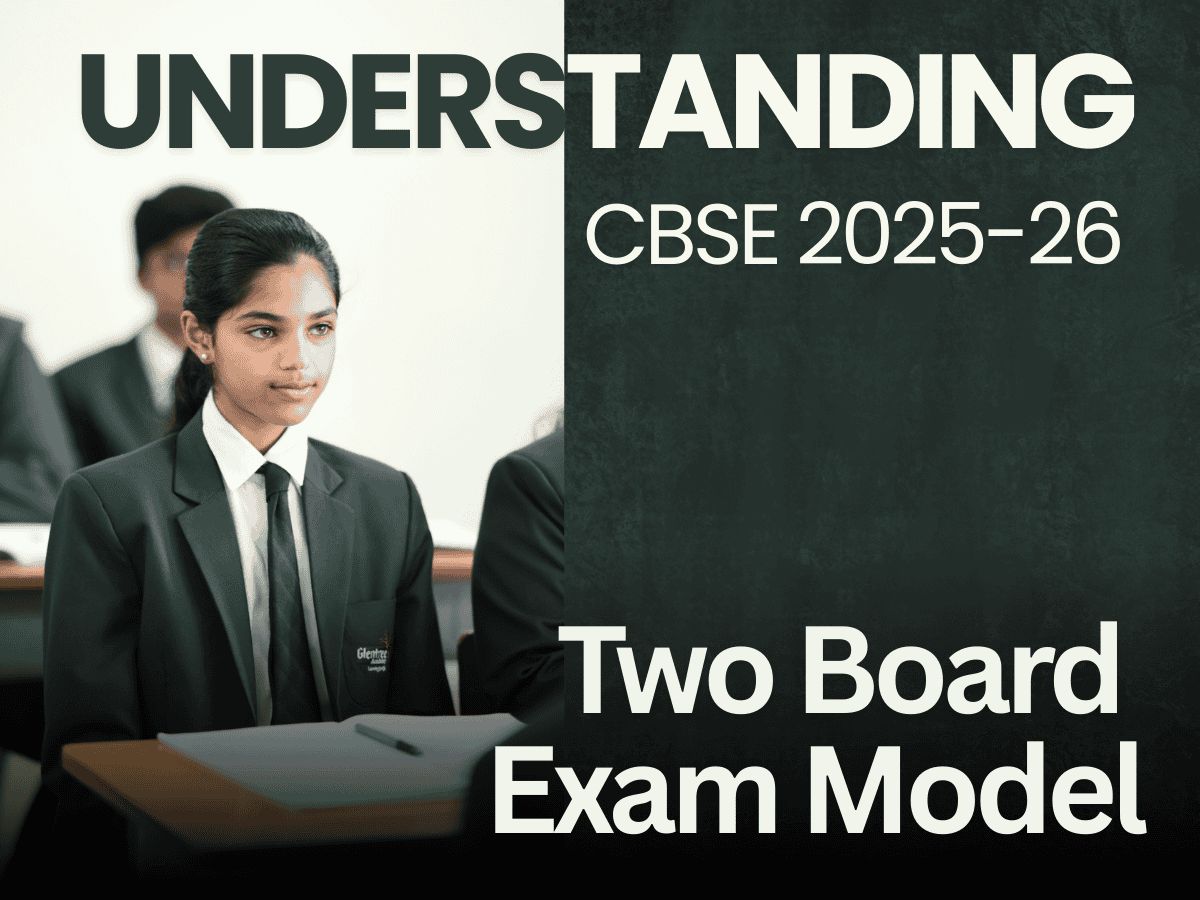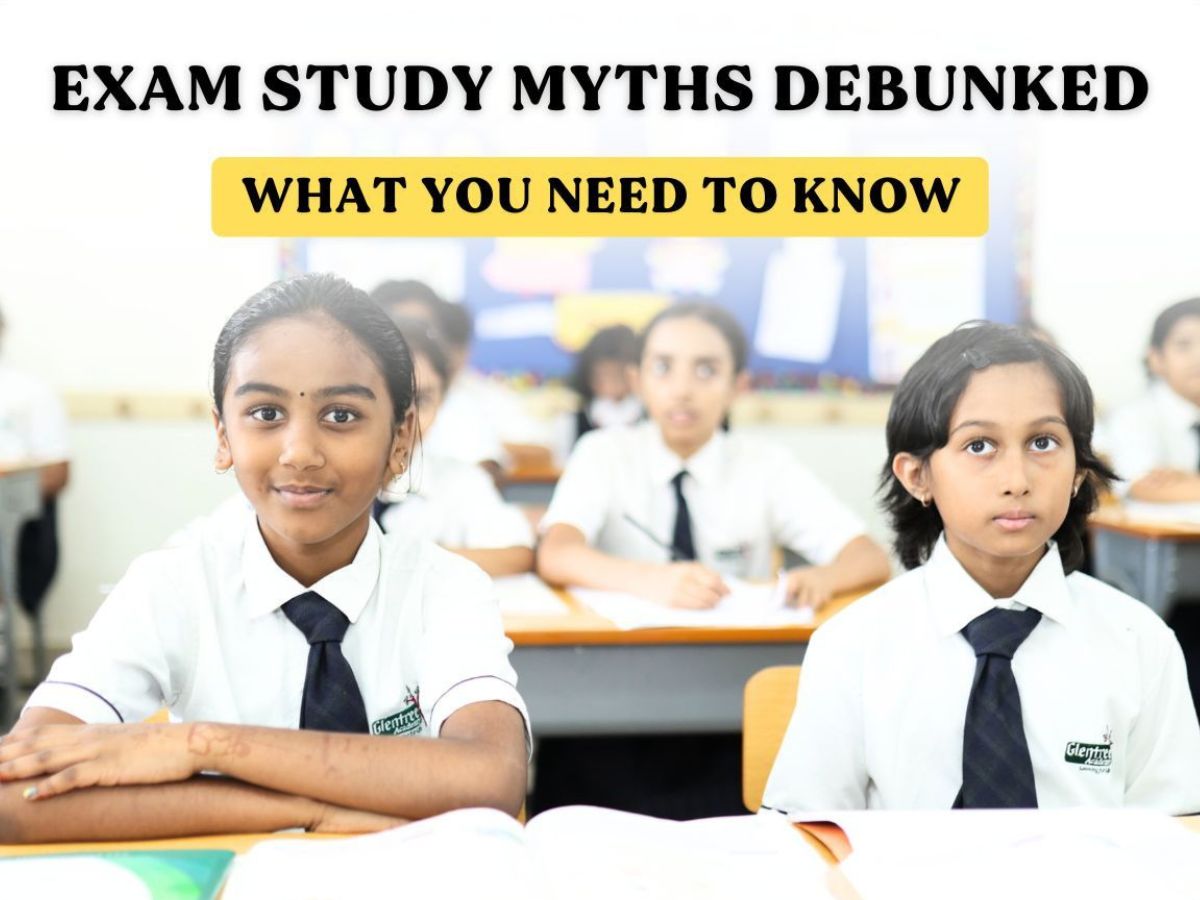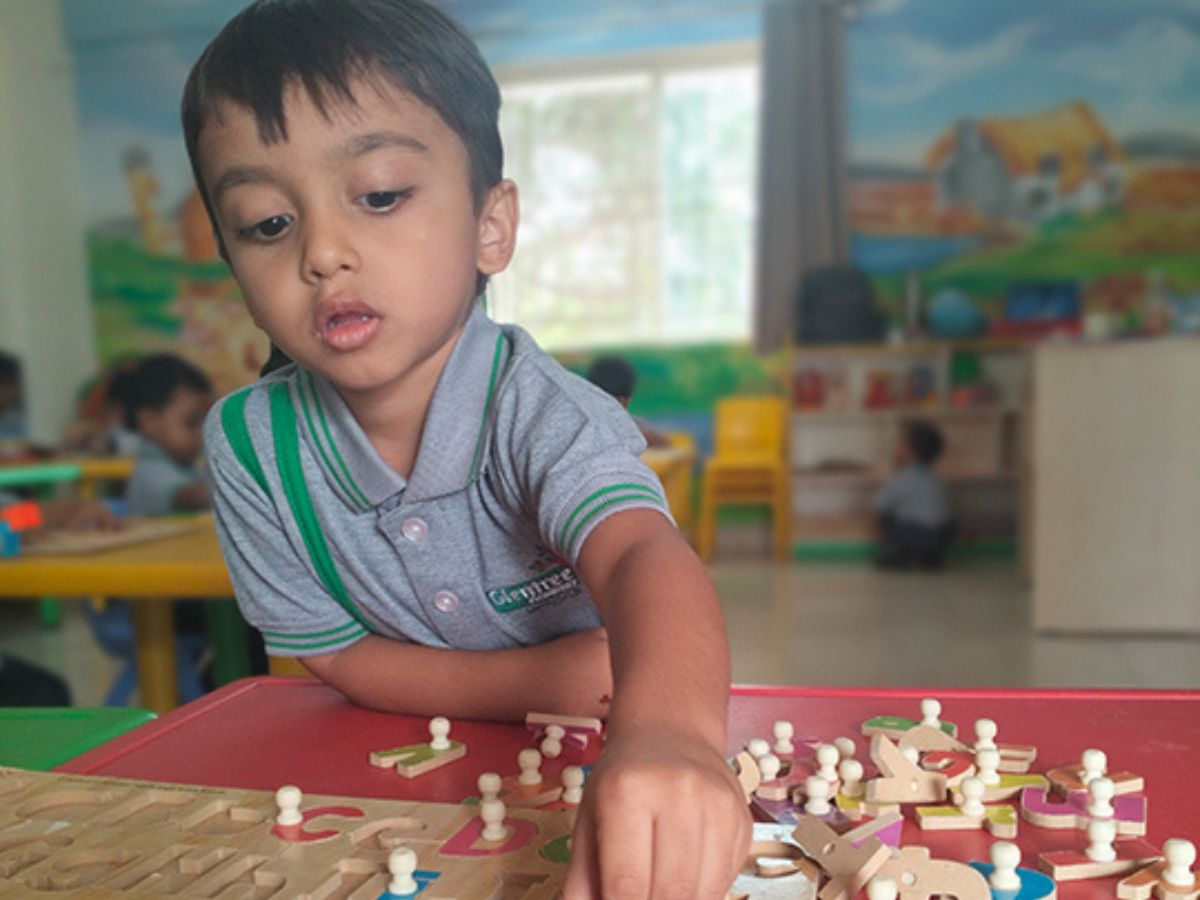Education
Educating Students in the 21st Century
21st century learning should provide students with the skills that they require succeeding in the new-age learning environment.

In recent years, there has been a paradigm shift in Indian education. There was a time when the guru, his wisdom, and experience were regarded as absolute and infallible. Today, all facets of society are scrutinizing education in a way that has never been seen before. The speed of change in the globe has never been faster. It is now important for us to realize that we are preparing our kids for the unknowable, unseen, and unpredictable. It’s difficult to process this. As a result, the 21st-century education system must be able to teach students how to cope with uncertainty and change.
Educating Students in the 21st Century
21st-century learning should provide students with the skills that they require to succeed in the new-age learning environment. Due to the Covid 19 pandemic, the education industry witnessed disruption and the whole learning system has seen a change in its pedagogy.
For students to succeed in the modern world, 21st-century learning necessitates several key qualities like cooperation, critical thinking, digital literacy, and problem-solving. The stakeholders must adapt to the new reality where online learning is an essential component of the educational process. Children should be prepared for the unforeseeable, unpredictable future through modern education. Children should learn how to handle unexpected circumstances as part of their 21st-century education.
Once upon a time, the role of the educator was to prepare students for the specific tasks they would be required to complete (be it a trade, craft, or profession). Communities were also much more homogenous, so specific values and cultures needed to be transmitted and practised to ensure the survival of those beliefs. However, there has been an important change that must be considered.
Society has changed. We cannot adequately prepare students for the society that exists today or will exist tomorrow if we continue to prepare them for the society that existed yesterday. In order to prepare students to play their role in the 21st-century society we are a part of, a few things need to be considered when deciding how education will look in our schools and classrooms.
Education in the 21st century should have the 4C’s which I believe
- Collaboration
- Creativity
- Critical Thinking
- Communication
Creativity is about thinking through information in new ways, making new connections and coming up with innovative solutions to problems. Critical thinking is about analysing information and critiquing claims. Communication is understanding things well enough to share them clearly with other people. Collaboration is about teamwork and the collective genius of a group that is more than the sum of its parts.
There are other skills that are important, which fall within these four areas. Entrepreneurship can be considered a skill of its own. Inquiry and problem-solving are key. Emotional intelligence (EQ) is one of the most important keys to successful work and relationships.
Education in fact needs to be all about empowering students with transferable skills that will hold up to a rapidly changing world, not prescribed content that has been chosen for its past relevance.






